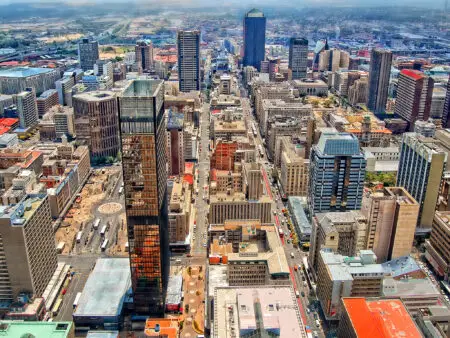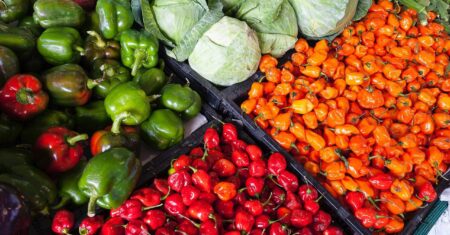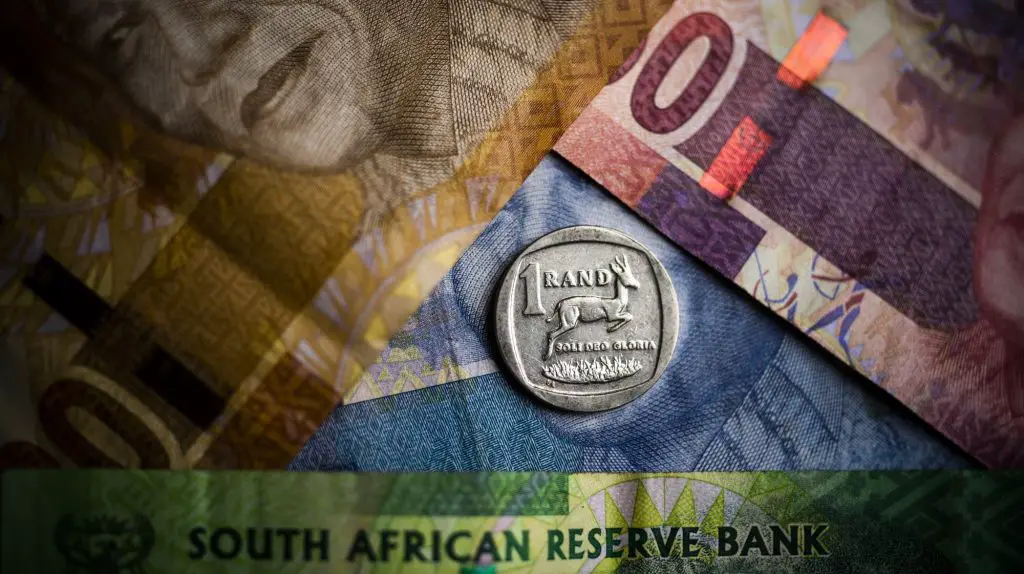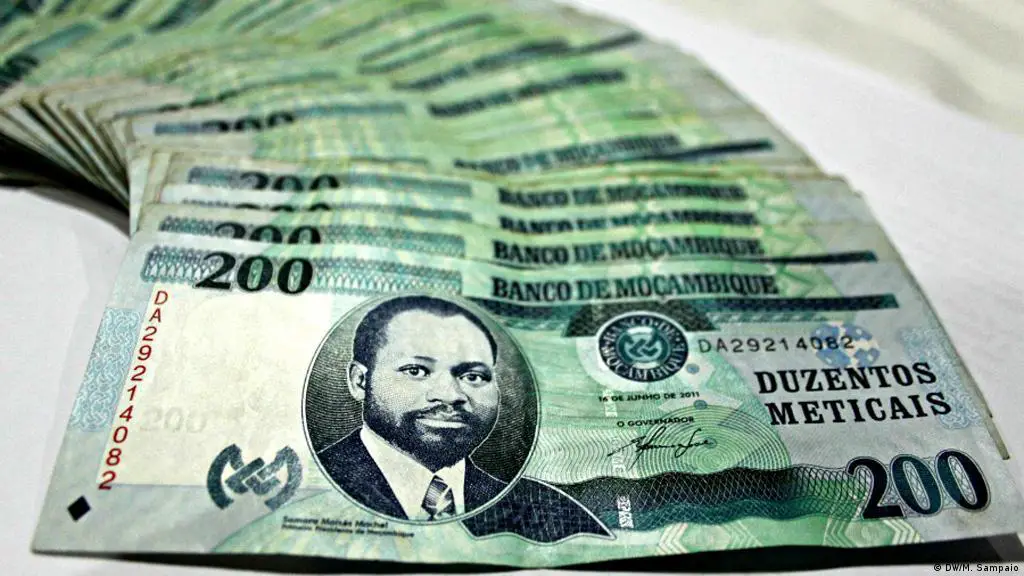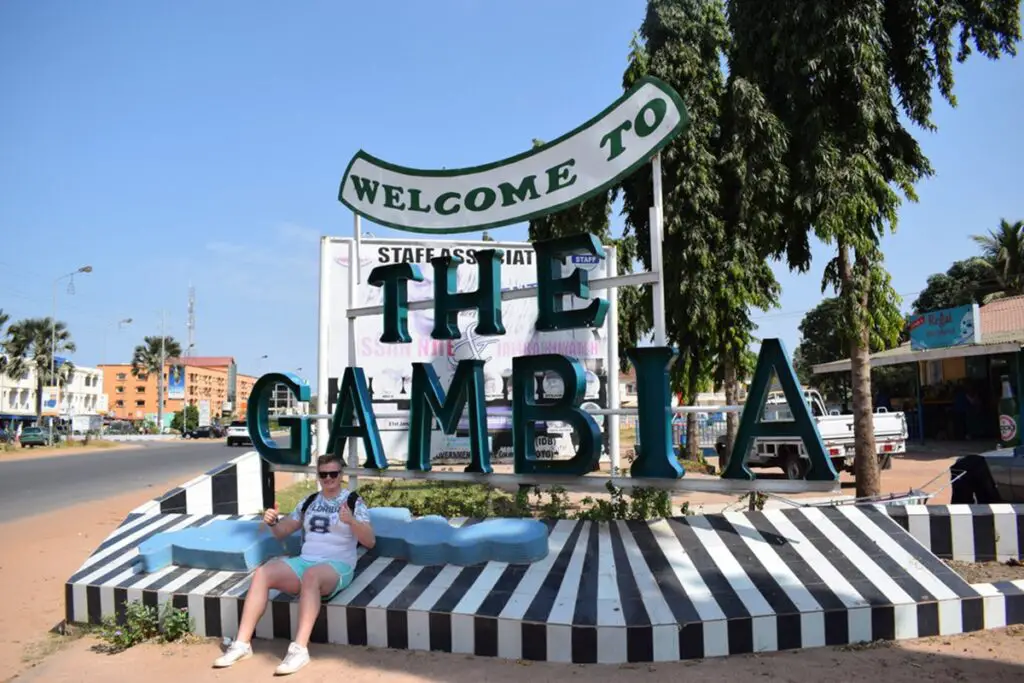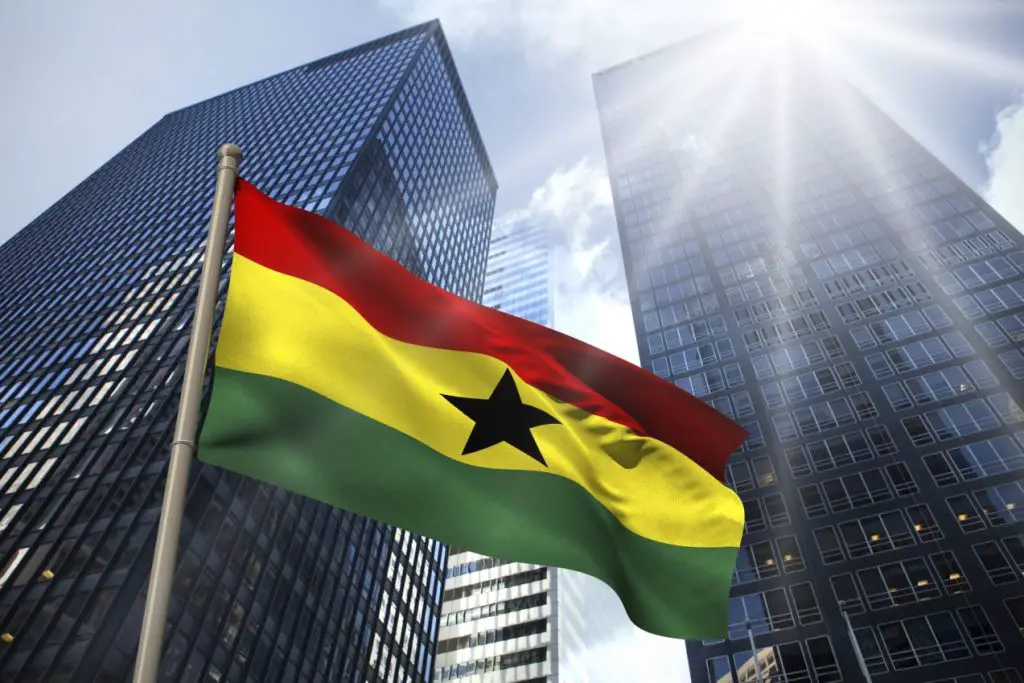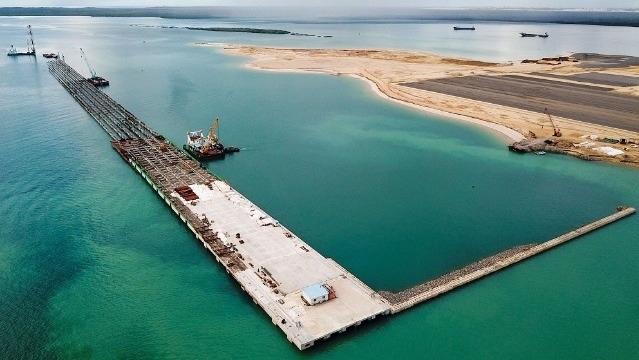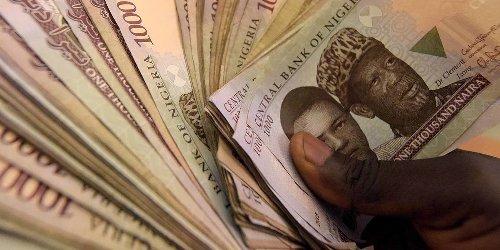- Africa’s new dawn: the rising role of digital and AI in agriculture
- Can Dangote Refinery Transform Africa Energy Ambition
- Gallup Survey: 80 per cent of Kenyan Workers Are Disengaged and Seek New Opportunities
- Madagascar Man Freed from 5KG Tumor After 15-Year Struggle
- How women in Africa are perceived and treated
- Sugar consumption in Kenya to Increase to 1.23 Million Tonnes
- Can Somalia and Turkey Oil deal Bring Change in Somaliland
- Remittances to Kenya dropped to $371.6 million in June, marking a six month low
Browsing: debt
- Nigeria, South Africa, Egypt, Morocco, and Kenya are all expected to raise borrowing costs within the next two weeks
- In contrast, monetary authorities in countries such as Ghana and Angola, where inflation is on a downward trend, are expected to maintain current rate
- US monetary tightening could slow due to banking turmoil, weakening demand for the dollar.
Major central banks in Africa are preparing to raise interest rates in order to combat persistent inflation and prevent a sell-off in their assets exacerbated by an uncertain financial system following the recent collapse of US lender Silicon Valley Bank and stress at Credit Suisse Group AG.
Nigeria, South Africa, Egypt, Morocco, and Kenya are all expected to raise borrowing costs within the next two weeks.
In contrast, monetary authorities in countries such as Ghana and Angola, where inflation is on a downward trend, are expected to maintain current rates. Six smaller African
According to the Central Bank of West African States (BCEAO), growth should accelerate in the WAEMU economic region in the medium term. The increased production in the tertiary and secondary sectors remains crucial. These sectors should benefit from controlling the current health crisis in the Union and the continued implementation of the NDPs.
Growth in the Union is expected to drop from 6 per cent in 2021 to 5.9 per cent in 2022 before settling at 7.2 per cent in 2023. The contribution to growth from the tertiary sector should stand at 3.5 per cent in 2023, up by 0.3 points compared to 2022. The contribution of the secondary sector should grow by 0.9 points between the two years to settle at 2.6 per cent in 2023.…
Debts are quite effective economic tools when used correctly. However, debts have been seen to hold people and nations accountable over time and space and sometimes push developing countries to the edge of economic crisis.
In the case of Africa, debt has evolved to become a phenomenon that nations such as South Africa, Sudan, Tanzania and Zambia battle with every inch of their economic prowess.
The African Report argued that the number of African countries at risk of debt distress has doubled since the COVID-19 pandemic, but only three of them have opted for debt restructuring.
- South Africa has been hit with most brutal power outages which hurt the economy significantly
- Recently, the finance ministry of South Africa stated that it will transfer state energy provide Eskom to government to empower the utility performance
- South Africa’s debts will peak at just over 71 per cent of gross domestic product this
Mozambique, until the Covid pandemic happened, was just 7 years shy of matching or exceeding the record set by South Korea.
The pandemic undermined the southern African country’s economic progress by slowing down critical sectors of economic activity namely tourism, construction, transport, as well as a general decline in the demand for commodity exports. The economy of Mozambique was further undermined by the conflict in the northern province of Cabo Delgado.
Statistics on how many people have been displaced by the conflict vary but they range from 250,000 to 1 million people. At least 850,000 people are estimated to have been dragged below the international poverty line because of the conflict.…
The Gambia has a small economy that relies primarily on agriculture, tourism, and remittances for support. It remains heavily dependent on the agriculture sector. The Gambia can bank on these sectors for economic growth and to repay their debt.
Gambian agriculture has been characterized by subsistence production of food crops comprising cereals (early millet, late millet, maize, sorghum, rice), and semi-intensive cash crop production (groundnut, cotton, sesame, and horticulture). Farmers generally practice mixed farming, although crops account for a greater portion of the production.
Groundnuts are the traditional cash crop. The Gambia also exports produce to Europe; Gambian mangoes and other fruits may now be found on the shelves of the supermarket chains like Tesco and Sainsburys. The Gambia’s largest trade partner is Cote D’Ivoire, a fellow Economic Community of West African States (ECOWAS) member, from which The Gambia imports the majority of its fuel products. Other major trade partners …
Ghana’s case specifically plays out with the dramatic effect consistent with a Shakespearean tragedy. The west African nation ironically is a darling of the West in terms of foreign direct investment. Yet, its debt levels have breached what multilateral institutions consider to be sustainable. A painful irony in the case of Ghana is that it was offered the opportunity to renegotiate the terms of its debts through the World Bank’s Debt Service Suspension Initiative. However, Ghana did not elect to participate.
A second painful irony is that Ghana, this time around, does not owe most of its debts to multilateral institutions like the International Monetary Fund or the World Bank. It owes the bulk of its debt to private lenders like the world’s largest asset manager Black Rock, and its has expressed that it has no interest in renegotiating the terms of Ghana’s sovereign debt.
If Ghana had borrowed from …
When commodity prices began to soften in later years it seemed more of a blunder to have diversified the metals portfolio of the business than it appears a stroke of genius today.
With softening metal prices came the need to conserve cash and so dividend flows dried up. The company did not cease its expansion plans going so far as to pile on large amounts of United States dollar-denominated debt purchasing US-based platinum miner Stillwater and swallowed up Lonmin in the process. The share price then cratered when news broke that the company had experienced fatalities at its South African mines. In some circles of the investment community, others joked that they would not invest in Sibanye Stillwater as a matter of moral principle.
The share price went down reaching an all-time low of around R 7.…
Some 11 sub-Saharan African (SSA) countries are currently at high risk of debt distress according to the latest debt sustainability analyses by the International Monetary Fund (IMF).
Already, six countries are in debt distress and the debt burden is worsening in the region where the public debt ratio to gross domestic product has surged to 65.6 per cent from 56.4 per cent pre-Covid-19 period.
A study conducted by the China-Africa Research Initiative (CARI) at Johns Hopkins University shows that there is a trend where African governments are mortgaging their natural resources to secure loans from China. This has often ignited debt distress when commodity prices collapse.
Read: Why do lenders want “COLLATERAL”?
This mortgaging of resource is referred to as collateralized sovereign debt. This is where a sovereign loan is secured by existing assets or future receipts owned by the borrowing government. The collateral could be commodities, future export revenues, …
Kenya’s first Eurobond valued at US$2 billion was issued in June 2014 and it matures in less than five years in 2024.
According to PwC Kenya Senior Manager, Francis Nzau, Kenya’s public debt has been swelling and the risk of a debt crisis (where the Government is unable to repay what it owes) continues to increase every day.…
Today May 18 2021, African heads of state, European leaders, and representatives of international institutions will gather in Paris for a summit on financing African economies.
The President of the Republic of France Emmanuel Macron hopes that new and ambitious solutions will be found so that Africa can face up to this unprecedented shock and return to growth, like other continents that have been able to implement massive recovery plans.
All the signatories of the April 15, 2020 letter have been invited to the Summit, as well as several other African heads of state, members of the G7 and G20, and leaders of international organizations.
Well someone would ask, Is it not the right time that African nations believes in themselves and drums up a campaign of mobilizing its national resources and using them to attract additional foreign capital? This could be the only way of ensuring our economies’ financial …





